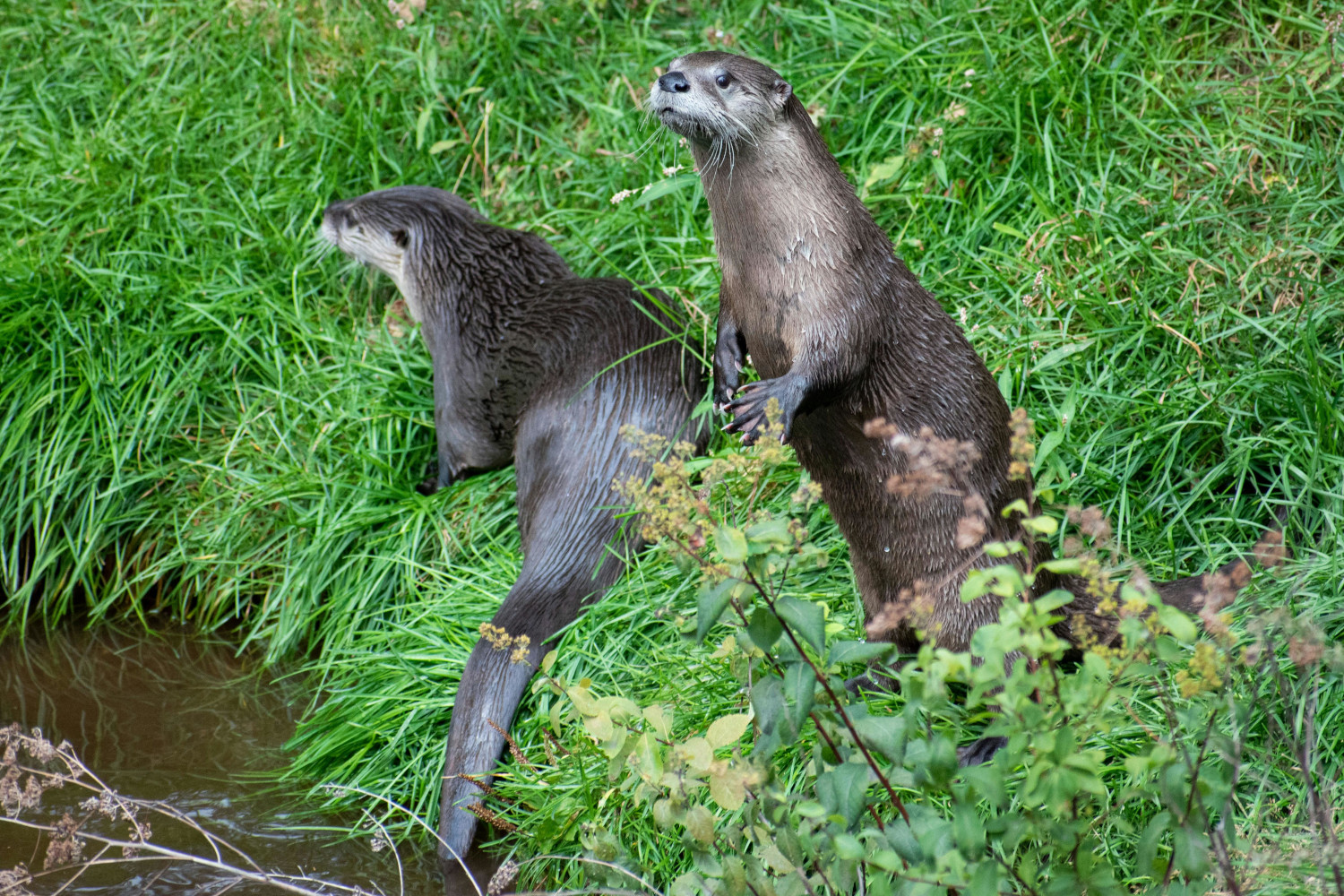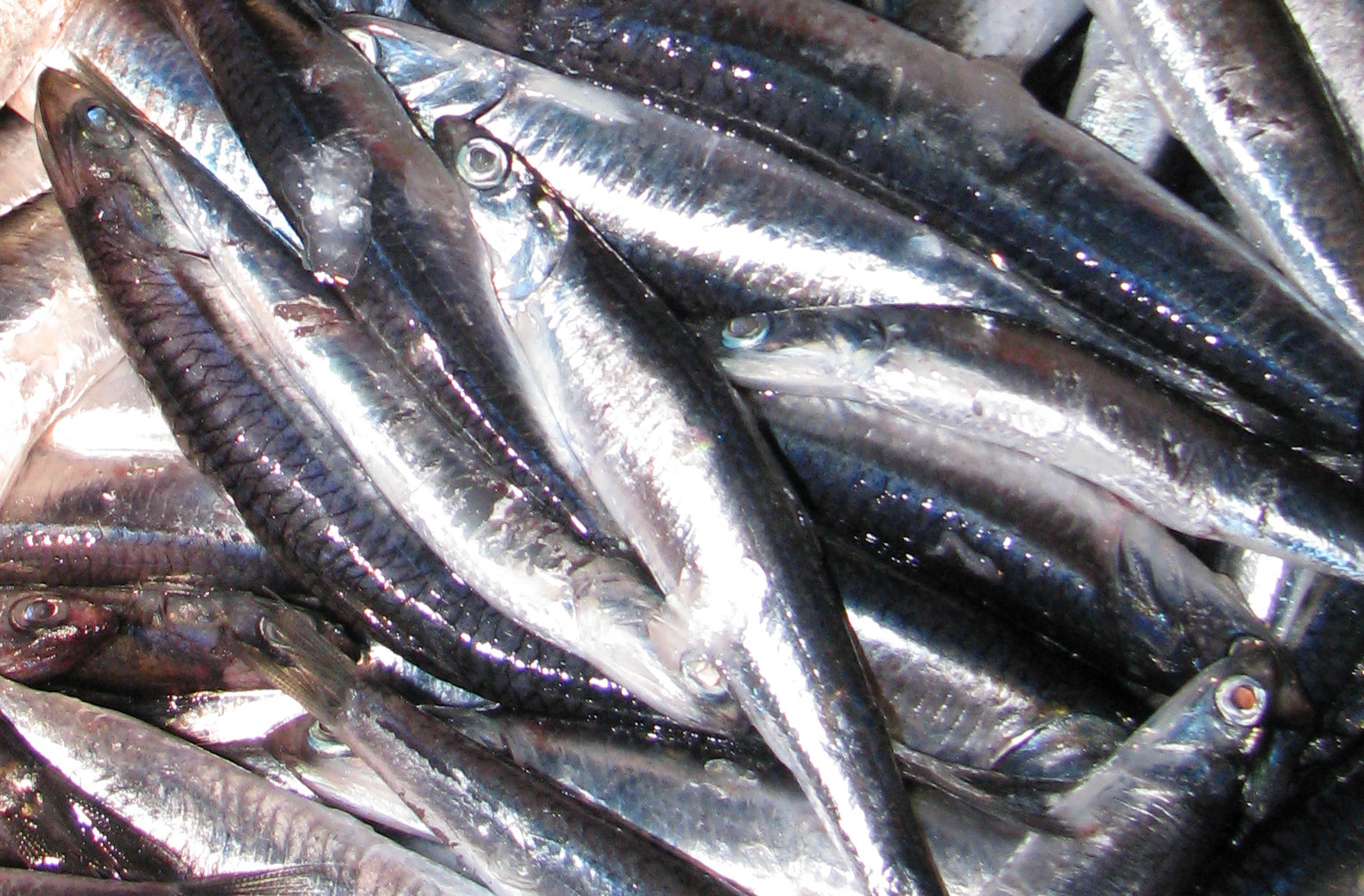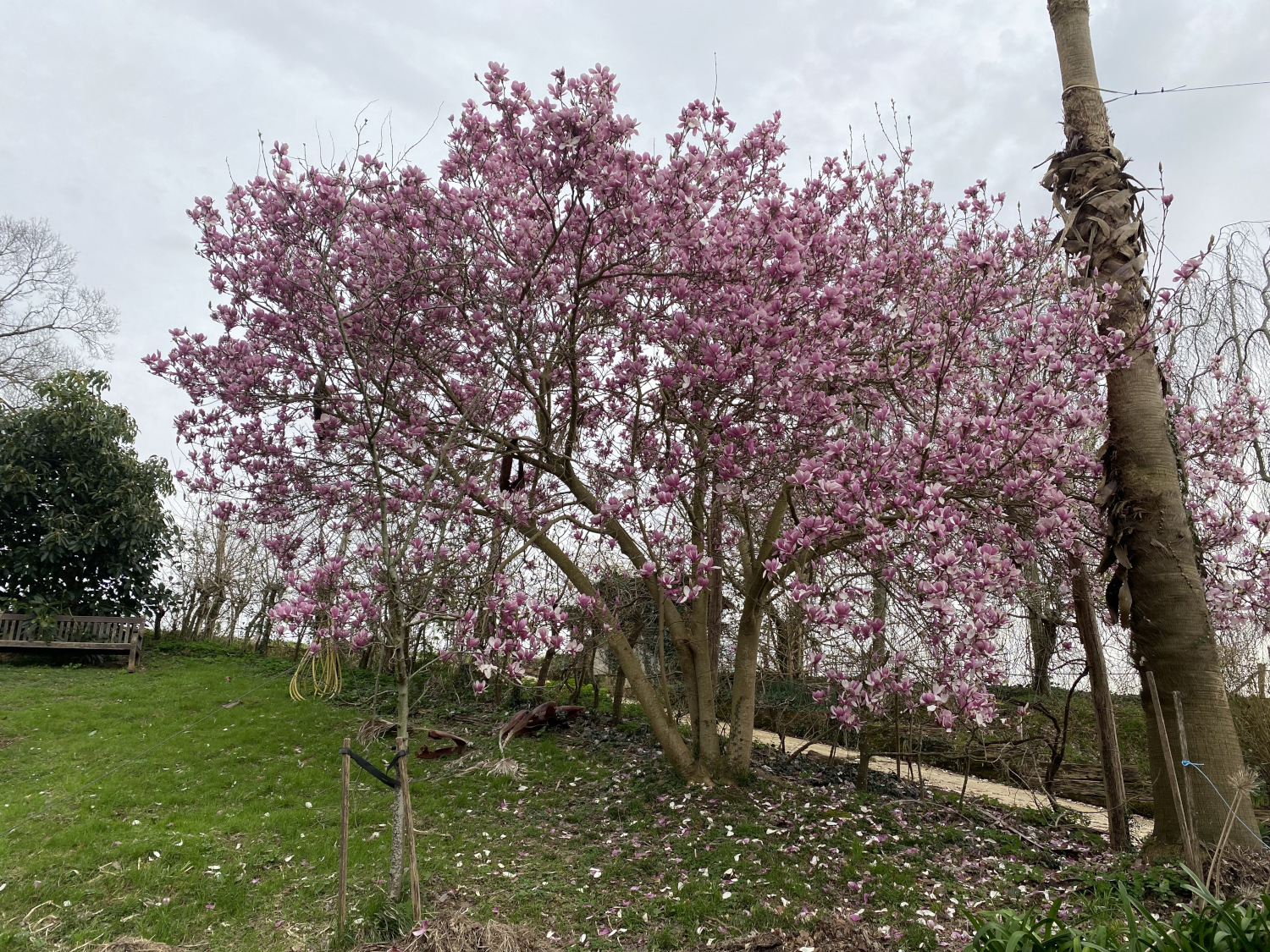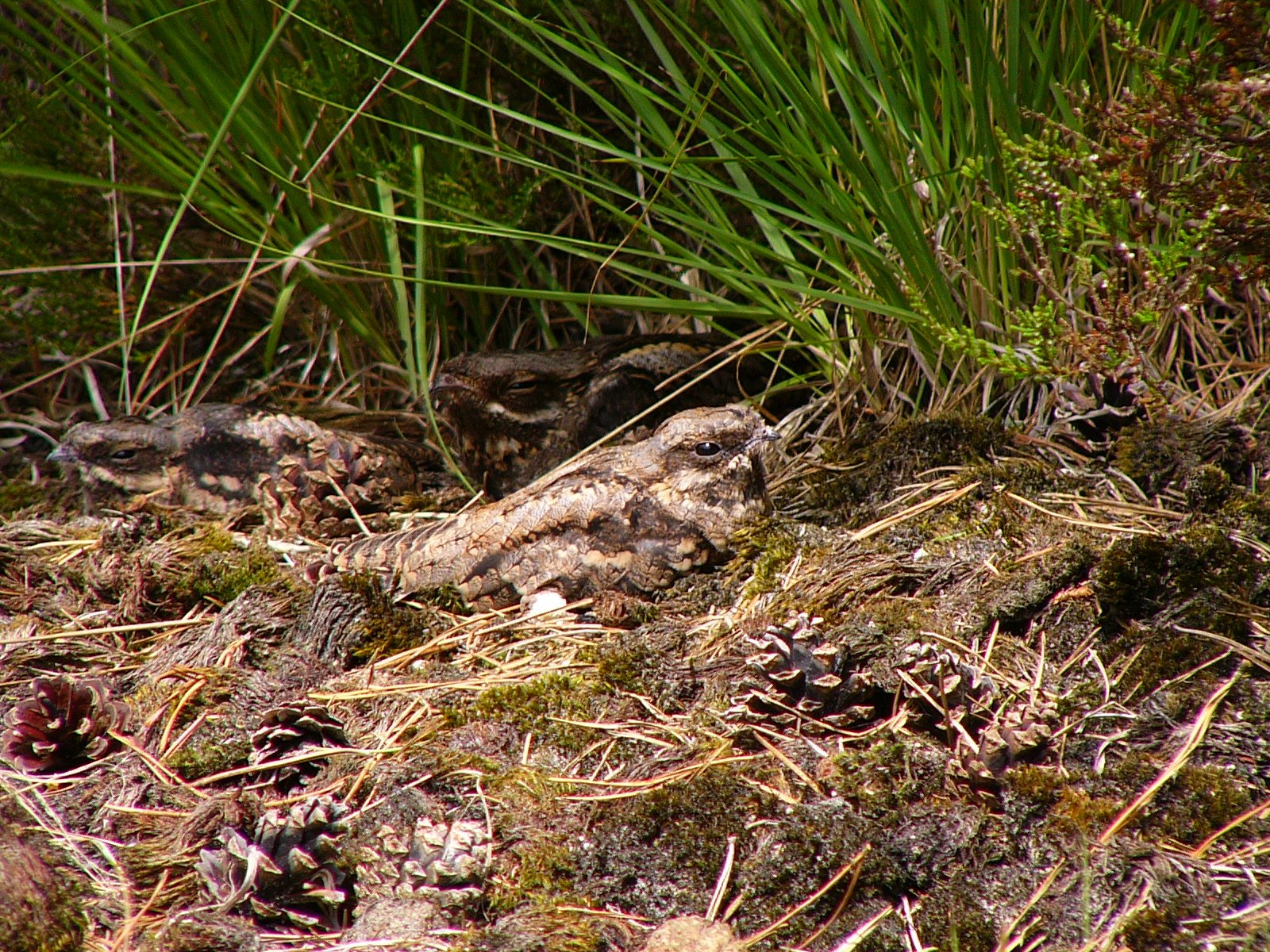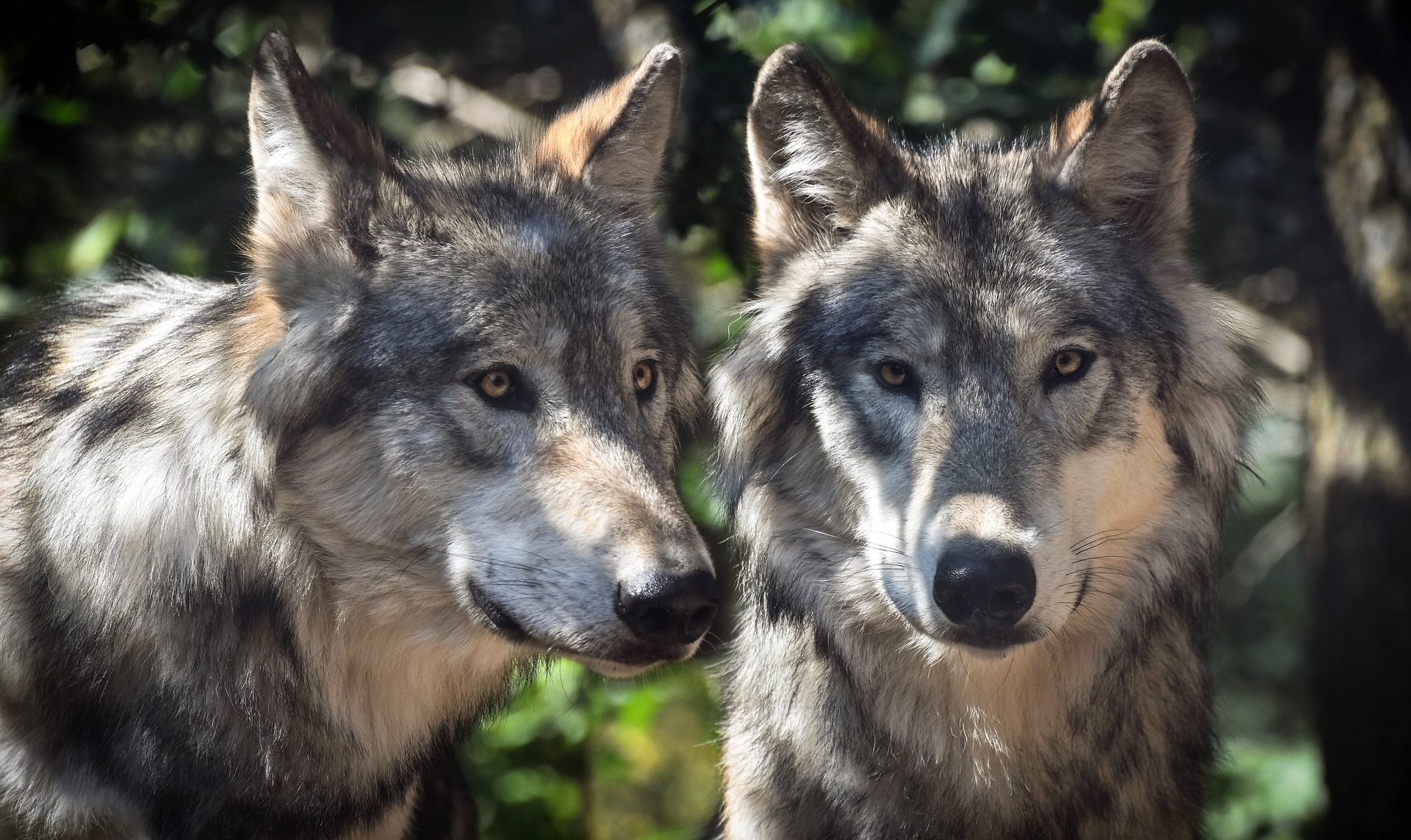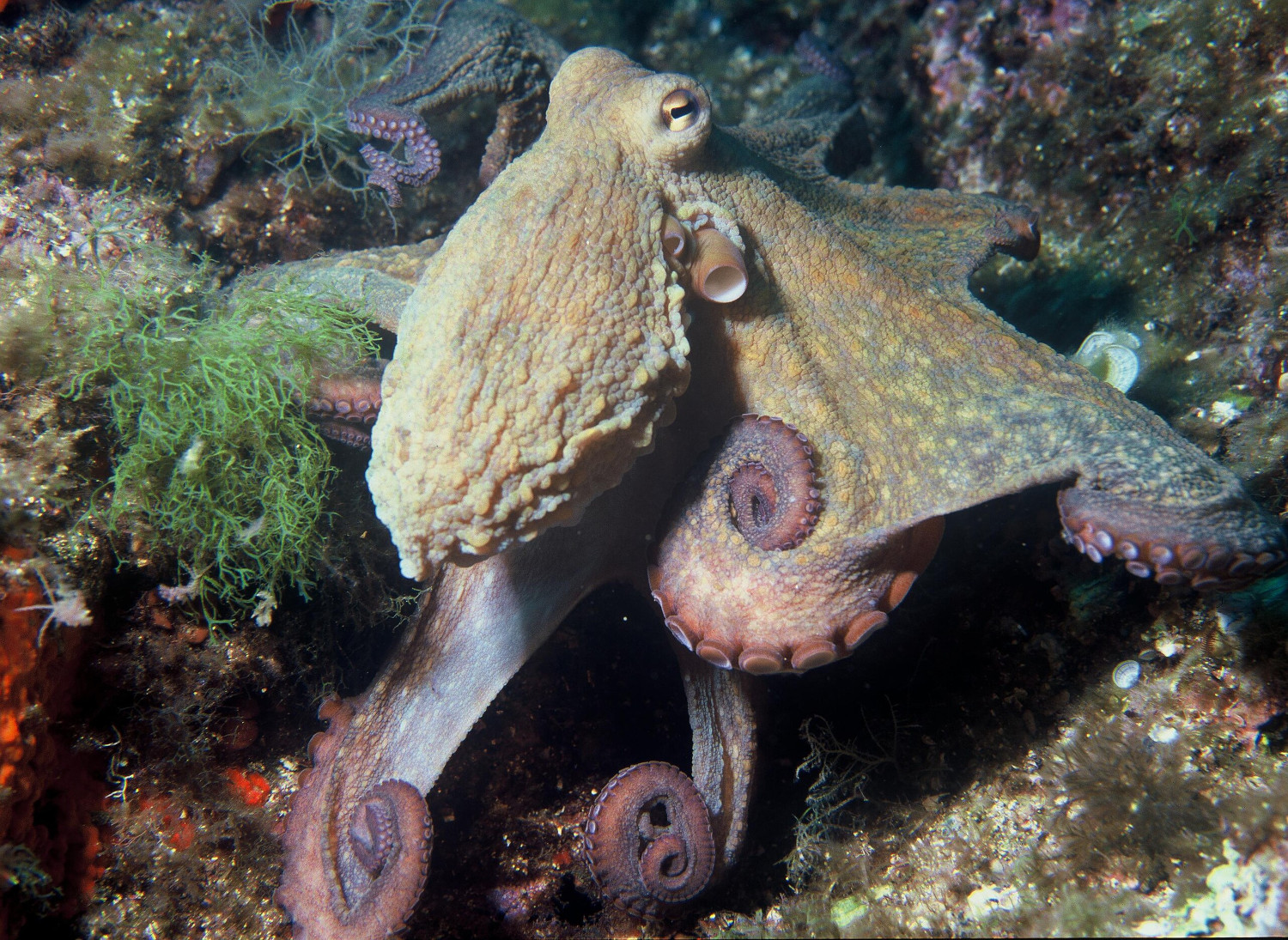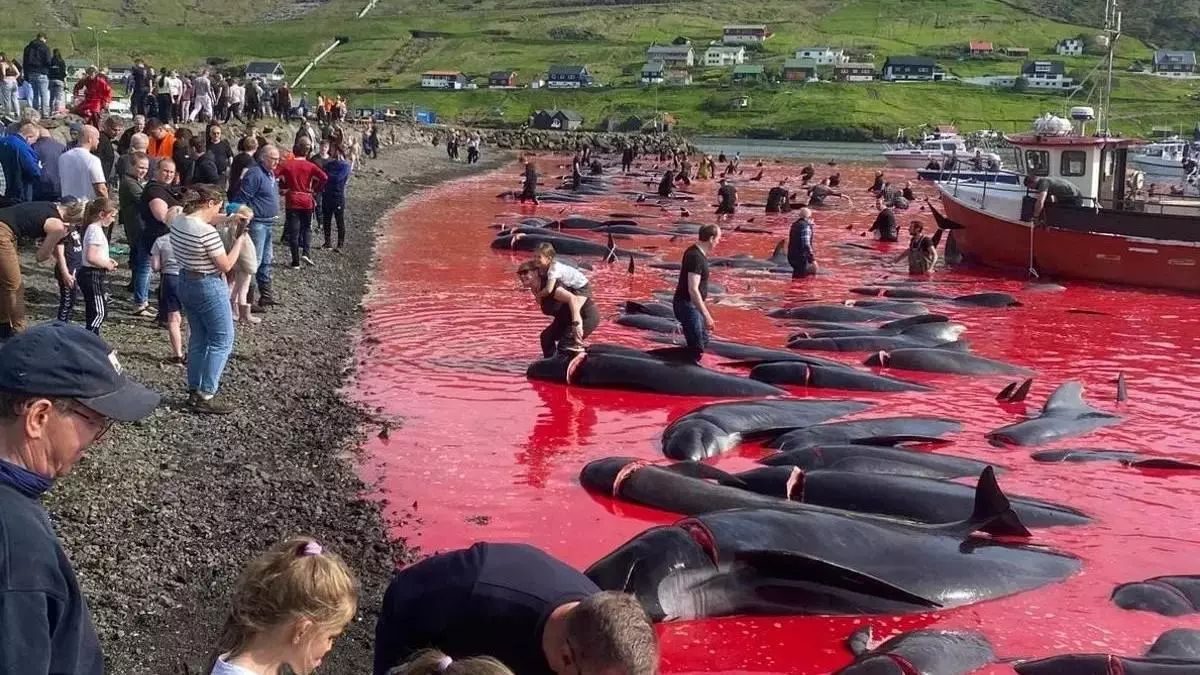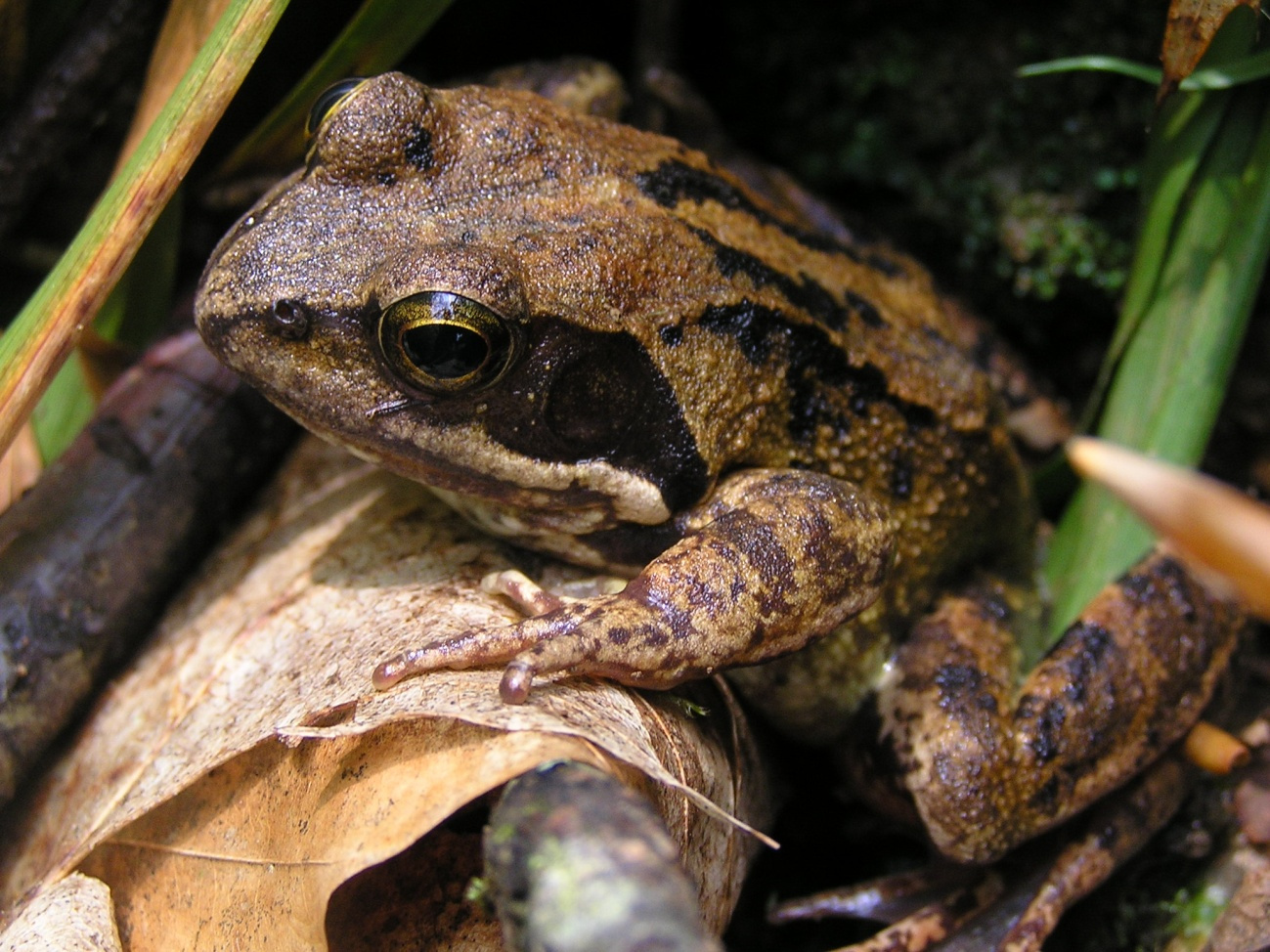Wolf or bear, coexistence with livestock farming is a source of debate
On 19 October, the Trade Union Committee of Zuberoa voted and agreed to initiate the request to declare the territory "an area that is difficult to protect", with the aim of dealing with the "risk" of the wolf. The unattacked herds, the wolf
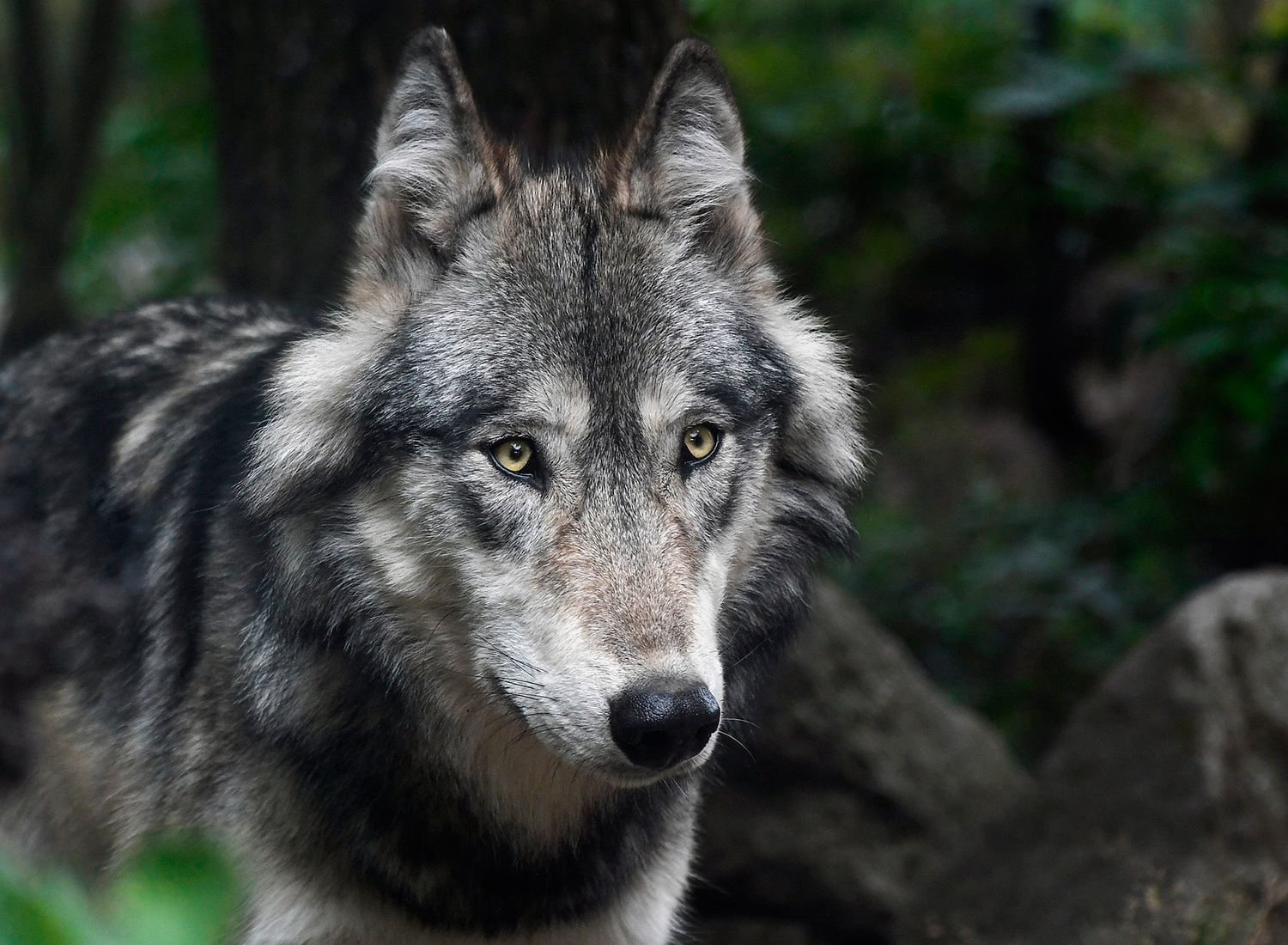
The decision is the result of a reflection started in 2018 and that "has been agreed with a group of actors and actors in the agricultural sector, local schools and representatives of the State", as stated in the article. "The committee that manages the pastures and its president, Jacques Zabalx, are cautious, knowing that in Zuberoa, as elsewhere, the issue of the wolf is sensitive," says the journalist, "even more so when it comes to extending the permits to shoot."
In the French State, the regulations are "very strict" and "severely in force". Pastors must protect their herds with electrical barriers, dogs and enhanced care. If these conditions are met, and if attacks are repeated, as an exception, "simple defence shots" may be permitted. However, livestock farmers can obtain permission to shoot the wolf without applying protective measures or attacking the herds in the areas declared as ZBD.
The Xibero Trade Union Committee has argued that "protection measures on sheep cannot be applied", referring to attacks by wolves.
"That's not what the norm intended."
Journalist Félix Thommen has also included in the report the words of Patrick Leyrissoux that he has recently published. He is the representative of the Ferus association in the Pririnians. For 20 years, its association has been working to ensure that large predators and flocks of sheep share the territory.
With regard to the request from zuberoarras, he explained that more and more territories would like to opt for ZDP: "Today, the trend is that each region demands a denomination, and that is quite easily achieved. We can come to a situation in which each one will request a ZDP to eradicate the species in its territory." In his view, this was not what the legislator intended to grant exemptions, "because the objective was that farmers who could not protect themselves for technical reasons should be compensated".
Talk about the situation of the wolf in Bilbao
On Thursday, 19 February, Andres Illana, Ekologistak Martxan and the Group Lobo of the Basque Country will offer a talk on the situation of the wolf in the Ekoetxea of Bilbao (19:00 hours).
Ekologistak Martxan said that the step taken by the European Union to reduce wolf support "weakens confidence in environmental policies". He added that it is "a dangerous precedent" because it "opens the door to withdrawal" in the state and autonomous regulations, although, in the case of the state, "this decision does not represent an immediate change" because the wolf is recognized as a protected species and in the Special Protection Species List since 2021".
On the contrary, he pointed out that the Basque Government has called for the wolf to be excluded from the list of those affected. "This request has been promoted by Minister Amaia Barredo and represents a step backwards in the protection of a species fundamental to ecosystems," said Ekologistak Martxan. "It also highlights the political inconsistency and contradictions between the commitments made by the State and the Autonomous Communities on biodiversity. The demand of the Basque Government is particularly contradictory, as a Wolf Management Plan is currently being developed with the aim of achieving a good state of conservation of the species".
In Roncal, looking at the bear
The Councillor for Rural Development and the Environment of Navarra, José Mari Aierdi, visited Roncal on Monday to analyze, among other topics, the relationship of the bear with extensive livestock and the Junta del Valle. The counsellor has committed herself to supporting her demands, in particular extensive livestock farming, and agriculture.
"We cannot say that there is a peaceful coexistence between the presence of the bear and traditional activities," Aierdi said in an interview at ETB. "In the face of a conflict, we must be able to take the necessary protective and compensatory measures." He added that the solution to the problem cannot be left to the local population or farmers. On the contrary, it must be assumed by the whole of society." In his words, extensive livestock farming is essential for the maintenance and conservation of rural habitats and of economic activity, but he stressed that a "balance" will have to be found to allow bear conservation to be compatible with extensive livestock farming and economic activity in rural areas, especially in the Pyrenees.
Among the measures to be taken by the Government of Navarra in 2025 is also the increase in economic compensation in the areas with natural limits of ZLN in the high mountains where bears may exist. This area will be called "Alta Montaña Plus" and currently consists of the municipalities of Garde, Roncal, Urzainki, Isaba, Uztarrotz and Ochagavía.
Itsasoan badira landareen itxura izan arren animalia harrapari diren izaki eder batzuk: anemonak. Kantauri itsasoan hainbat anemona espezie ditugun arren, bada bat, guztien artean bereziki erraz atzemateko aukera eskaintzen diguna: itsas-tomatea.
Zer esango zenioke Palestinako aktibista bati aurrez aurre izango bazenu? Ni mutu geratu nintzen Iman Hammouri nire herrian bertan aurkeztu zidatenean. Eskerrak andre nagusi bat gerturatu zitzaigula eta solaskide roletik itzultzailearenera pasa nintzela.
Palestinako Popular... [+]
Ugaztunei eskainitako azken artikuluaren amaierako hitzak hurrengo animalia aurkezteko aitzakia paregabea dira. Bertan esaten genuen muturluzeak erreka “garbi eta txukunak” behar dituela, kutsadurarik gabeak baina elementu natural anitzekin. Animalia txiki horren... [+]
PP, Vox, Junts eta EAJren botoekin Espainiako Kongresuak onartu du otsoa espezie babestuen zerrendatik ateratzea eta, horren ondorioz, berriz ehizatu ahal izango dute Duero ibaitik iparrera.
Antxoa, bokarta edo albokartia, gure arrain komertzialen artean txikiena, euskal kostaldera hurbildu da.
Magnoliak eleganteak dira. Dotoreak. Anddereak. Pontxoak. Apainak. Pimentak. Gurbilak. Ponposak, ponpoxearrenak. Ortiroak. Ia-ia fazazkoak, kriket eta kraket. Ez naiz harritzen, beren loraldien azpian lurrarekin urtzerainoko handitasunaren menpeko sentitzen naiz urtero.
Katalanen ustetan artzainak engainatzen omen ditu hegazti honek: “enganyapastors”. Espainiar eta latindarrek, aldiz, ahuntzari esnea kentzen diola diote, hortik datorkio hain zuzen ere izen zientifikoan (Caprimulgus europaeus) islatzen den caprimulgus (capra... [+]
Nekazal eremu lehor baten erdian ageri da putzua. Txikia da tamainaz, eta ez oso sakona. Egunak dira euririk egiten ez duela, baina oasi txiki honek oraindik ere aurretik bildutako urari eusten dio. Gauak eremua irentsi du eta isiltasunaren erdian kantu bakarti bat entzun da... [+]
Eskoziako Lur Garaietara otsoak itzularazteak basoak bere onera ekartzen lagunduko lukeela adierazi dute Leeds unibertsitateko ikertzaileek.. Horrek, era berean, klima-larrialdiari aurre egiteko balioko lukeela baieztatu dute, basoek atmosferako karbono-dioxidoa xurgatuko... [+]










